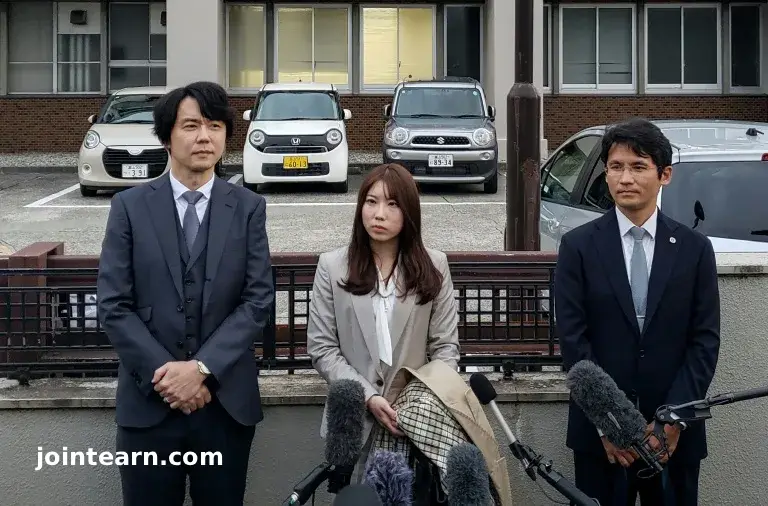
Rare Public Accusation Leads to Conviction
Toyama, Japan – A Japanese court has sentenced Koji Daimon to eight years in prison for raping his daughter, Riho Fukuyama, a case notable for being one of the rare instances in Japan where the victim publicly revealed her identity.
Fukuyama accused her father of sexually abusing her beginning in junior high school, continuing through her high school years while her mother was away from home. The attacks were first publicly reported when Fukuyama went public in March 2024, following her father’s arrest.
“I was relieved” after the ruling, Fukuyama told reporters outside the court. “I want to tell the world sexual violence within families does exist. Please don’t look away from victims.”
Court Ruling Highlights Severity
Judge Toshiaki Umezawa emphasized the long-lasting impact of the abuse:
“Given that the victim continues to suffer physical and mental distress to this day… the consequences must be deemed grave.”
Daimon admitted to the acts but claimed innocence, arguing that “my daughter was in a state where she could have resisted,” a defense rejected by the court.
Context: Sexual Violence and Legal Reform in Japan
Victims of sexual violence in Japan rarely reveal their identities. Fukuyama’s courage is part of a small but growing movement, alongside high-profile figures such as journalist Shiori Ito, who won a landmark civil case against a prominent TV reporter, and former soldier Rina Gonoi, who accused colleagues of sexual assault.
Despite the lack of a large-scale #MeToo movement in Japan, small rallies against sexual violence emerged after several alleged rapists were acquitted in 2019. Legal reforms have strengthened protections for victims:
- 2017: The legal definition of rape was broadened.
- 2023: Victims no longer need to prove violence or intimidation to pursue charges.
As Fukuyama’s assaults occurred before these reforms, prosecutors applied the laws in force at the time.
Speaking Out Despite Backlash
Fukuyama described the difficulty of coming forward:
“I want a society where, even when you tell others you’ve been victimised, the immediate response is ‘It’s not your fault.’”
She joins a small but brave group of victims in Japan who have publicly identified themselves, often facing significant online harassment and social pressure in the process.


Leave a Reply